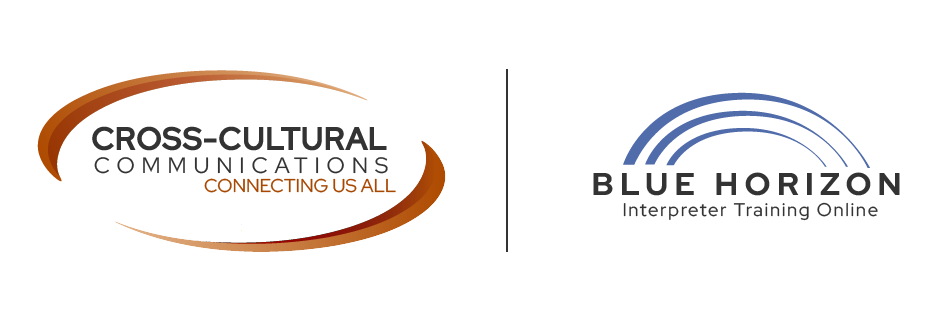Overview of the U.S. School System
Refine the art of facilitating communication and ensuring equitable access for multilingual students and families. Develop the skills needed to support inclusive education and strengthen school communities worldwide.

Overview of the U.S. School System
Course description:
This introductory lesson of the 12-part course, The Educational Interpreter Online (TEIO), focuses specifically on the structure of the U.S. educational system from kindergarten through high school, providing interpreters with essential context about how federal, state, and local governments shape education policies. While the complete TEIO course will cover all aspects of educational interpreting including practical techniques for parent-teacher conferences and IEP meetings, Lesson 1 concentrates solely on mapping the educational landscape—examining different school types (public, private, charter, and magnet) and the legal requirements for language assistance through key legislation such as Title VI, ADA, and IDEA. This foundational knowledge about the education system and parental participation rights, particularly for linguistically diverse and Deaf/Hard-of-Hearing families, creates the necessary context for the practical interpreting skills that will be developed in the subsequent eleven lessons.
Course length: 2 hours
Course access period: 60 days from purchase date
Note: Once purchased, course access cannot be paused. See our FAQ for information on purchasing course access extensions.
Course completion requirements: Pass one exit test (score of 70% or above).
Certificate: Downloadable certificate available immediately upon passing the exit test.
CEUs:
- International Medical Interpreters Association: 0.25 IMIA/NBCMI CEUs - Pending
- Registry of Interpreters for the Deaf: 0.25 RID CEUs
- Washington State Department of Social and Health Services: 2.50 DSHS General Credits
*Please note that there is an additional $20 processing fee, per program, for RID CEUs. To process your RID CEUs, please email your certificate of completion to our RID sponsor, Linguist Education Online, at admin@linguisteducationonline.co
Learning objectives:
After completing this course, participants will be able to:
- Understand key aspects of the U.S. school system by identifying and distinguishing between different school levels and recognizing how they function within the broader educational structure.
- Explore the structure and organization of K-12 schools in the U.S., gaining insight into how federal, state, and local governments shape education policies.
- Examine different types of schools, including public and private institutions, as well as charter and magnet schools.
- Understand the legal framework that governs language assistance in schools, including federal laws such as Title VI, the Americans with Disabilities Act (ADA), and the Individuals with Disabilities Education Act (IDEA), as well as state and local regulations that impact language access services.
- Recognize the importance of parental participation in the education system and the critical role interpreters play in facilitating meaningful engagement between families and schools, with special focus on ensuring meaningful access to quality education for Deaf and Hard-of-Hearing students and their families.
What you will get:
- Special Guest Feature: Judy Cortes, PhD, CA-CCI, CSI
- Your Instructor: Liliana Dinu, MATI, CHI-Spanish
- 7 interactive exercises, including a role-play available in 4 language pairs
- An in-depth exploration of K-12 educational settings, including parent-teacher conferences, IEP meetings, and school board interactions
- Access to Introduction to Educational Interpreting and Translation: A Guide to Effective Practices – eBook format
- A course completion certificate to showcase your expertise in educational interpreting
How this course will improve your practice:
By completing this course, you will:
- Gain a comprehensive understanding of the U.S. school system, including its structure, policies, and legal requirements, enabling you to interpret more effectively in educational settings.
- Develop cultural competence by recognizing common misunderstandings and bridging cultural gaps between families and schools.
- Learn about federal and state mandates, such as Title VI of the Civil Rights Act, ADA, and IDEA, that govern language services in education.
- Refine your consecutive and simultaneous interpreting skills through hands-on role-plays and practical exercises tailored to real-world school interactions.
- Understand the role of interpreters in facilitating parental engagement in schools, helping families actively participate in their children's education.
- Learn why language access is essential for student success and how it strengthens relationships between families and schools.
This course is designed to empower interpreters with the knowledge, skills, and confidence needed to support multilingual students and families while upholding professional and ethical standards in K-12 education.
Visit our Terms of Use for our training policies and procedures, including our refund policies.
